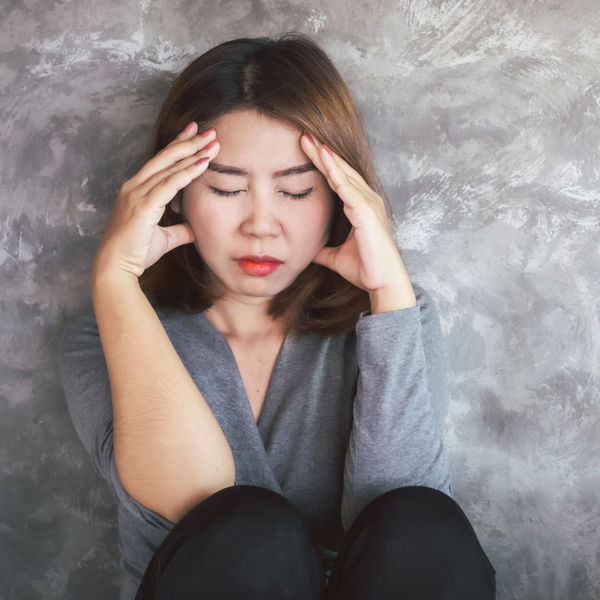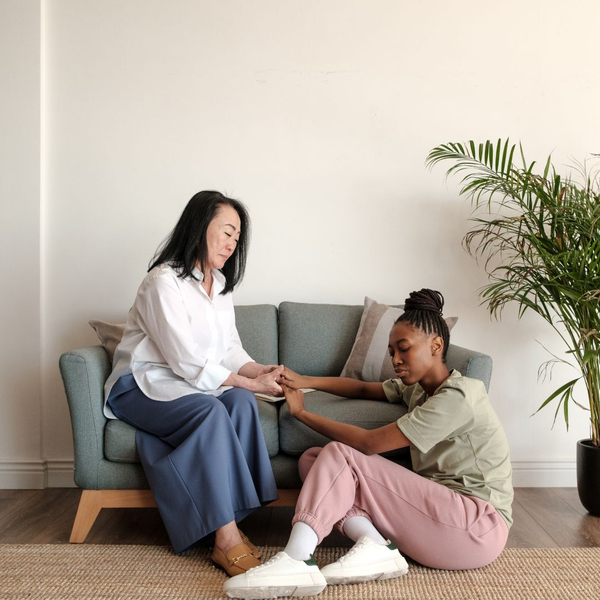Depression and anxiety are two common mental health disorders that can greatly impact a person's daily life. While they may have some overlapping symptoms, it is important to understand the key differences between these disorders in order to receive proper treatment. If you are experiencing any of the symptoms below, contact Benjamin E. Lippmann.
Depression and Anxiety: Distinguishing Between Two Overlapping Disorders
Depression and Anxiety: Distinguishing Between Two Overlapping Disorders

Understanding Depression and Anxiety
Depression is characterized by persistent feelings of sadness, hopelessness, and loss of interest in activities that were once enjoyed. Other common depression symptoms include changes in appetite and sleep patterns, difficulty concentrating, and feelings of worthlessness. In severe cases, individuals may have thoughts of self-harm or suicide. On the other hand, anxiety is typically identified by excessive worry and fear, along with physical symptoms such as restlessness, racing thoughts, and muscle tension. These symptoms can be debilitating and may interfere with daily functioning.

Distinguishing Between the Two
While depression and anxiety can coexist, they are distinct disorders with different causes and treatments. Depression is often triggered by a combination of genetic, environmental, and psychological factors, such as trauma or stress. It is important to note that while everyone may experience feelings of sadness, depression symptoms are more intense and long-lasting. On the other hand, anxiety can be triggered by specific situations or events, such as public speaking or flying. For some individuals, anxiety may also be a result of an underlying medical condition or chemical imbalance in the brain.

Depression Treatments
The good news is that depression is treatable. These include psychotherapy, medication, and lifestyle changes. Psychotherapy involves working with a therapist to identify and change negative thought patterns and behaviors. Medications, such as antidepressants, can also help alleviate symptoms of depression. Making positive lifestyle changes such as regular exercise, a healthy diet, and getting enough sleep can also contribute to managing depression.

Anxiety Treatments
Anxiety is also a treatable disorder. Treatment options for anxiety may include therapy, medication, and self-help techniques. Cognitive-behavioral therapy (CBT) is an approach used to treat anxiety and involves learning coping skills to manage anxious thoughts and behaviors. Medications such as anti-anxiety drugs and antidepressants may also be prescribed to help manage symptoms. Practicing relaxation techniques such as deep breathing and mindfulness can also help reduce anxiety.
While depression and anxiety share some similarities, it is essential to recognize the differences in symptoms and treatments. Seeking professional help and support is crucial for managing these disorders and improving overall mental well-being. It is never too late to seek help and start the journey towards recovery. Contact Dr. Benjamin E. Lippmann today.
